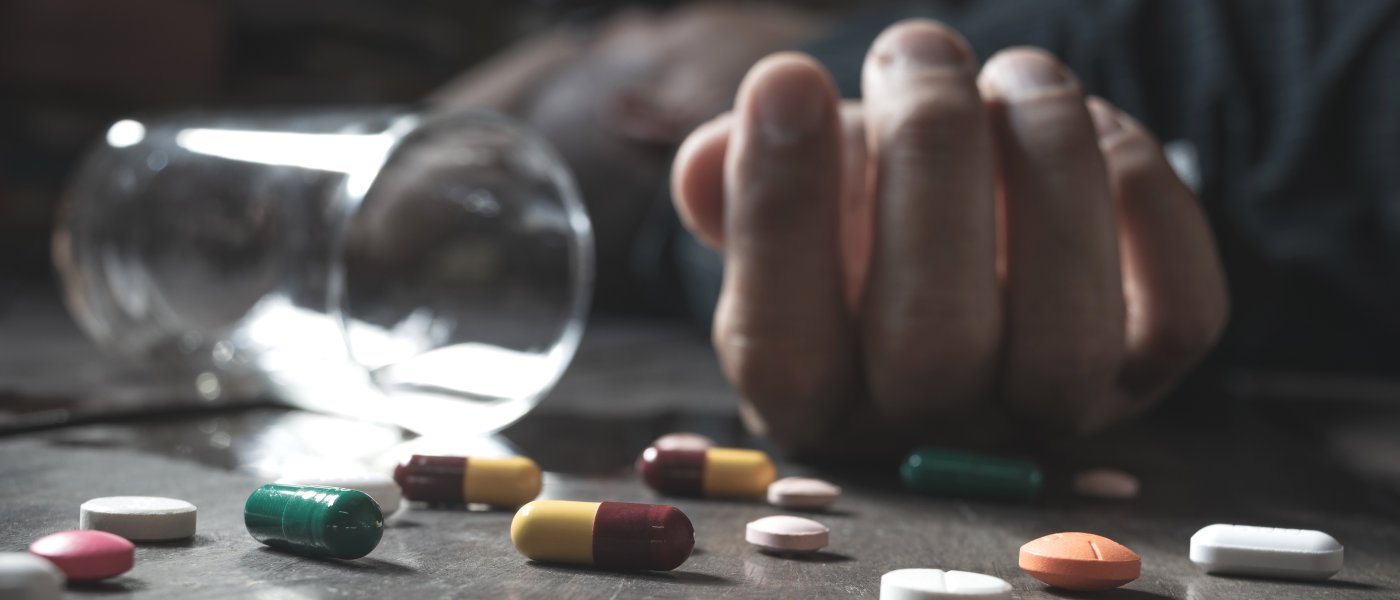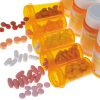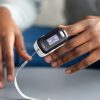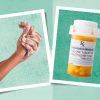- Empty cart.
- Continue Shopping
What to Do in Case of a Medication Overdose

A medication overdose can happen to anyone, whether it’s accidental or intentional. It’s a serious medical emergency that requires immediate attention. Knowing how to respond can make a crucial difference in saving a life or preventing severe health complications.
Recognizing the Signs of Medication Overdose
The first step in responding to a medication overdose is recognizing the signs and symptoms. The specific symptoms can vary depending on the medication taken and the dosage. Common signs of a medication overdose include:
- Nausea and Vomiting: The individual may experience severe nausea and vomiting.
- Dizziness and Confusion: They may become disoriented, dizzy, or confused.
- Difficulty Breathing: Breathing may become rapid, shallow, or labored.
- Irregular Heartbeat: The person may have a rapid or irregular heartbeat (arrhythmia).
- Seizures: Seizures can occur in some cases.
- Loss of Consciousness: The individual may lose consciousness or become unresponsive.
- Changes in Skin Color: Skin may become pale, blue, or ashen.
- Hallucinations or Delusions: Some medications can cause hallucinations or delusions.
Steps to Take in Case of Medication Overdose
If you suspect someone has overdosed on medication, it’s essential to act quickly. Here are the steps to follow:
1. Call 911 or Your Local Emergency Number
The first and most critical step is to call for immediate medical assistance. Provide the dispatcher with all necessary information, including the individual’s condition, the medication taken (if known), and any symptoms they are experiencing. Do not delay in calling for help, even if you are unsure of the severity of the overdose.
2. Do Not Leave the Person Alone
Stay with the person who has overdosed. If they lose consciousness, monitor their breathing and check for a pulse. Be prepared to administer CPR if necessary, and continue to provide support until medical professionals arrive.
3. Provide Information
If you have information about the medication overdose, share it with the medical professionals when they arrive. This may include details about the type of medication, the dosage taken, and when it was ingested. All information can be crucial in determining the appropriate treatment.
4. Do Not Attempt Home Remedies
Avoid attempting to treat the overdose with home remedies or by inducing vomiting unless instructed to do so by a medical professional. In some cases, inducing vomiting can be harmful, especially if the substance ingested is caustic or corrosive.
5. Preserve Evidence
If possible, keep any containers, pill bottles, or packaging from the medication. This can help medical professionals identify the substance and its dosage, aiding in appropriate treatment.
6. Be Supportive
Emotional support is vital during a medication overdose emergency. Reassure the person that help is on the way and stay calm. Avoid passing judgment or making assumptions about the circumstances of the overdose.
7. Follow Medical Instructions
Once medical professionals arrive, follow their instructions carefully. They will assess the individual’s condition, administer appropriate treatments, and decide whether hospitalization is necessary. Cooperate fully with their recommendations.
Preventing Medication Overdose
Prevention is always the best approach when it comes to medication overdose. To reduce the risk of accidental overdose:
- Always follow your healthcare provider’s prescribed dosage instructions.
- Use a medication organizer or pillbox to keep track of doses.
- Avoid sharing prescription medications with others.
- Store medications out of reach of children and pets.
- Be cautious when taking multiple medications, as drug interactions can be dangerous.
- If you have any questions or concerns about your medications, consult your healthcare provider or pharmacist.
Finally, a medication overdose is a medical emergency that demands swift action. Recognizing the signs, calling for immediate help, and providing support can save lives. It’s also essential to focus on prevention by adhering to prescribed medication instructions and practicing safe medication storage. If you or someone you know is struggling with medication misuse or overdose risk, seek help from healthcare professionals or support services as early intervention can make a significant difference in promoting recovery and well-being.








